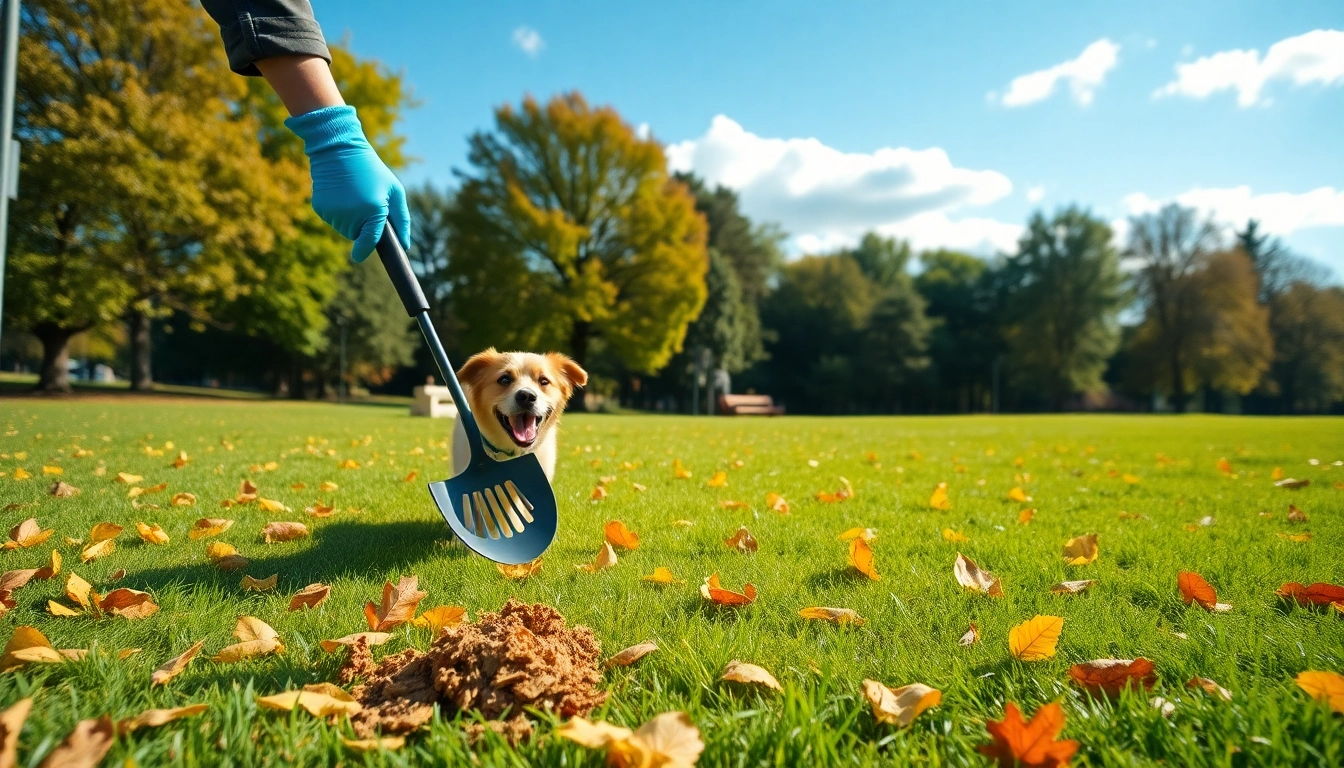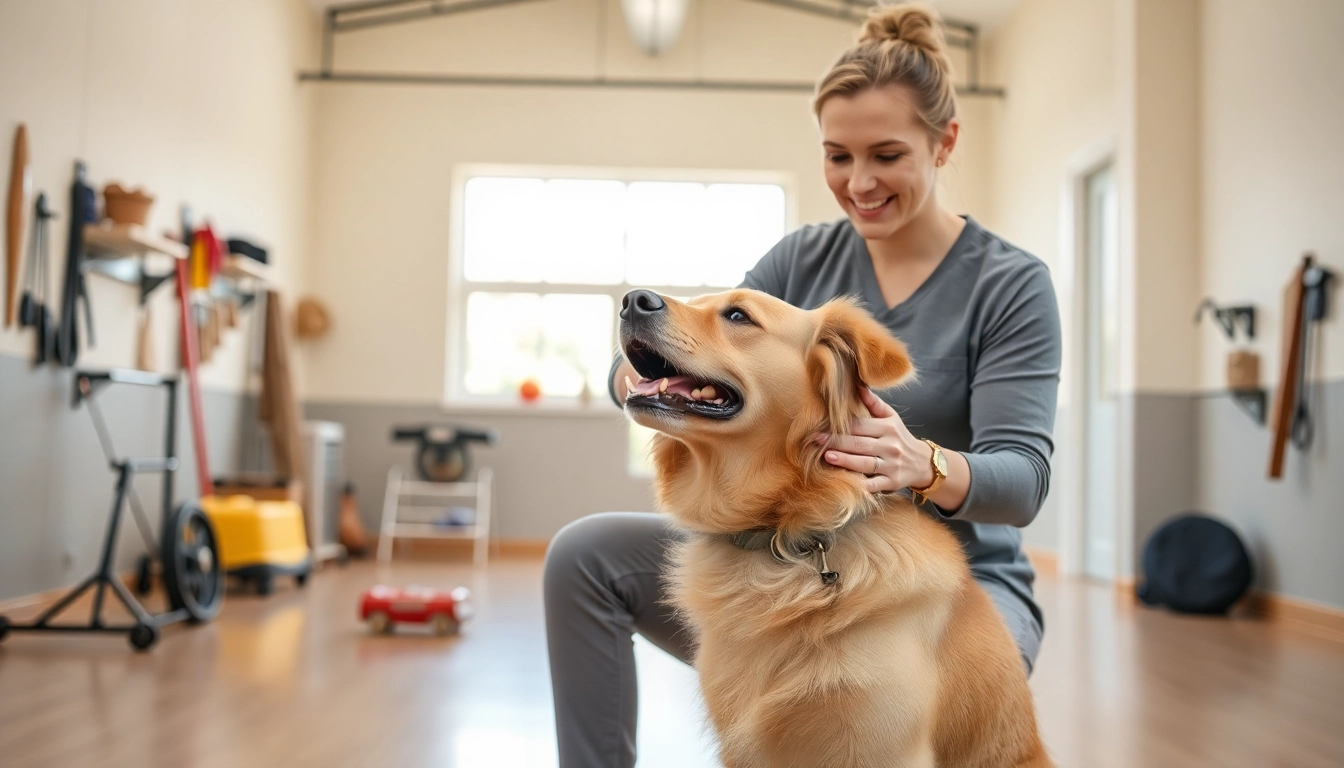
The Importance of Cleaning Up Dog Poop
Cleaning up after your dog is a critical responsibility for pet owners that extends beyond mere courtesy to your neighbors. It’s essential for maintaining a safe environment for your family, other pets, and the community. Neglecting to clean up dog poop can lead to various health risks, environmental concerns, and even legal issues. Let’s explore these factors in detail.
Health Risks of Dog Waste
Dog poop is more than just an unsightly nuisance; it harbors numerous pathogens that can affect human health. According to the Centers for Disease Control and Prevention (CDC), dog feces can contain parasites like roundworms, hookworms, and whipworms, which can transfer to humans, potentially leading to serious health problems.
Additionally, dog waste can contain bacteria such as Salmonella and E. coli that can cause gastrointestinal infections. Children playing outdoors or in communal yards are especially at risk because they are more likely to come into contact with contaminated soil or surfaces. Thus, the importance of picking up after your dog cannot be overstated—as it significantly mitigates health risks.
Environmental Impact of Neglect
Leaving dog poop on the ground can have detrimental effects on the environment. When it rains, the waste can wash into local waterways, contributing to pollution and negatively impacting aquatic ecosystems. It leads to nutrient loading, which can cause algae blooms that suffocate marine life.
Moreover, dog feces can potentially spread diseases to wildlife, creating an imbalance in local ecosystems. The Environmental Protection Agency (EPA) estimates that a single gram of dog waste can contain over 23 million fecal coliform bacteria. Therefore, keeping the environment clean through responsible pet waste disposal is vital for maintaining ecological harmony.
Legal Responsibilities for Pet Owners
Many communities enforce laws requiring pet owners to clean up after their dogs. Fines can be imposed on those who fail to do so, making it not just a matter of courtesy but also a legal requirement. Homeowners associations (HOAs) might also have strict rules about maintaining a clean yard. As responsible pet owners, it’s essential to be aware of and comply with local regulations regarding pet waste disposal.
Best Tools for Cleaning Up Dog Poop
With the right tools, picking up after your dog can become a quick and straightforward task. Understanding the different options available can help you choose the best method to suit your needs.
Dog Poop Scoopers: Types and Sizes
Dog poop scoopers come in various types, including handheld scoops, long-handled scoops, and rakes. Handheld scoops are generally small and easy to use but may require bending over, which is not ideal for larger dogs. Long-handled scoops are ergonomically designed to enable pickup without straining your back.
When selecting a scoop, consider your dog’s size and the typical size of his waste. For example, owners of large dogs might benefit from a robust, large-capacity scooper that can manage larger piles efficiently. Popular brands often include features such as a tipping bucket design for easy disposal, which can minimize mess.
Eco-Friendly Cleanup Products
As awareness of environmental issues grows, many dog owners are seeking eco-friendly cleanup solutions. Biodegradable poop bags are an excellent choice for pet waste disposal. These bags break down naturally over time, reducing the impact on landfills. Some companies even produce compostable bags made from plant materials, offering an even more sustainable option.
You might also consider using enzymatic cleaners for any accidents that happen indoors. These specialized products break down organic matter efficiently and reduce odors. Look for eco-friendly brands that emphasize non-toxic ingredients to ensure the safety of both your pets and the environment.
DIY Cleanup Tools and Hacks
If you’re on a budget or prefer a personalized approach, creating your own poop-cleaning tools can be quite effective. One popular DIY tool is a homemade scooper made from a plastic container or a shovel. Simply cut the container at an angle to create a scoop and handle, allowing you to collect waste with ease.
Another efficient hack is to utilize an old garden trowel for digging out stubborn spots in grass and soil. This method is particularly useful for cleaning up in cold weather when waste may be frozen to the ground. Additionally, you can make use of everyday household items such as garden gloves or newspaper to facilitate cleanup.
Tips for Maintaining a Clean Yard
Once you’ve managed the initial cleanup, maintaining a clean yard is crucial for ongoing health and hygiene. Establishing routines and using effective strategies can help keep things tidy.
Best Practices for Daily Cleanup
One of the simplest yet most effective practices is to regularly check your yard for dog waste. Aim to clean up immediately after your dog goes or at least every few days. This habit greatly minimizes odors, prevents waste from breaking down into the soil, and keeps your yard looking pleasant.
Another proactive measure involves training your dog to use a specific area of your yard for their bathroom needs. With consistent training and reinforcement, your dog can become accustomed to this designated spot, simplifying your cleanup process.
Seasonal Cleanup Strategies
During different seasons, your cleanup strategy might need adjustments. In winter, frozen dog waste can be particularly tricky. Use a long-handled scoop to reach into hard-to-access areas under snow. In autumn, as leaves begin to fall, regularly raking leaves alongside checking for dog waste ensures that your yard remains clean and aesthetically pleasing.
Spring is another critical time for cleanup. As snow melts, dog waste that has been buried all winter emerges, creating a significant task for responsible pet owners. Set aside dedicated time to tackle this chore and ensure thorough cleaning.
Creating a Schedule for Waste Removal
Incorporating a consistent schedule for waste removal can make cleaning less daunting. Consider setting aside specific days of the week for yard maintenance. Using an app or planner to remind you can help make this routine a part of your regular chores.
You might even want to connect with local services for periodic cleanups, especially if you’re short on time. Regular maintenance reduces the buildup of waste, which can save you time and effort in the long run.
Alternative Disposal Methods
If traditional methods of disposing of dog waste don’t suit you, several alternative methods can effectively manage pet waste.
Composting Dog Poop: A Guide
Composting dog waste can be a sustainable practice if done correctly. However, it requires careful management to avoid health risks. Creating a dedicated compost bin for dog waste, layering it with carbon-rich materials like leaves or shredded paper, can create a balanced environment that helps break down the organic matter safely.
It’s crucial to ensure that the compost bin is kept at a sufficient temperature to kill harmful pathogens. The compost should also not be used for edible plants. Instead, designate it for ornamental plants or non-food garden beds.
Using Waste Digesters with Ease
Waste digesters are a convenient tool for environmentally friendly dog waste disposal. Functioning similarly to a miniature septic tank, these units use enzymes to break down waste in a secure underground system. They can be installed in your yard and typically require minimal maintenance.
The cost varies, but many affordable options exist. Daily waste can be easily added, and the digester efficiently breaks it down over time, allowing you to avoid manual collection altogether.
Disposal of Dog Waste in Public Areas
When walking your dog in public spaces or parks, it’s essential to adhere to local regulations regarding waste disposal. Many parks provide designated pet waste stations complete with bags and disposal bins. Always be prepared with your own bags, and never leave waste behind.
If reusable or biodegradable bags aren’t available, consider switching to eco-friendly alternatives that maintain hygiene while minimizing environmental impact. Proper disposal not only benefits your local environment but cultivates a habit of responsibility within your community.
FAQs About Cleaning Up Dog Poop
How to Dispose of Dog Poop Properly?
The best practices for disposing of dog poop include using biodegradable bags to collect waste, sealing it tightly, and disposing of it in local waste bins. In some locations, flushing waste down the toilet is an acceptable method as well, but always check your local regulations first.
What to Do with Soft or Wet Dog Poop?
Soft or wet dog poop can be more challenging to clean. Using a metal scooper can lead to the most effective collection, as it tends to scoop better than plastic models. Alternatively, a combination of paper towels and a digging tool can be employed for easier removal. A gentle spray of enzymatic cleaner can prepare your yard for further cleanup, helping to eliminate unpleasant odors.
Eco-Friendly Ways to Manage Dog Waste
Utilizing compostable bags, waste digesters, and composting techniques are all eco-friendly methods for managing dog waste. Composting, in particular, allows dog owners to recycle waste safely, as long as proper controls are put in place to mitigate health risks.







